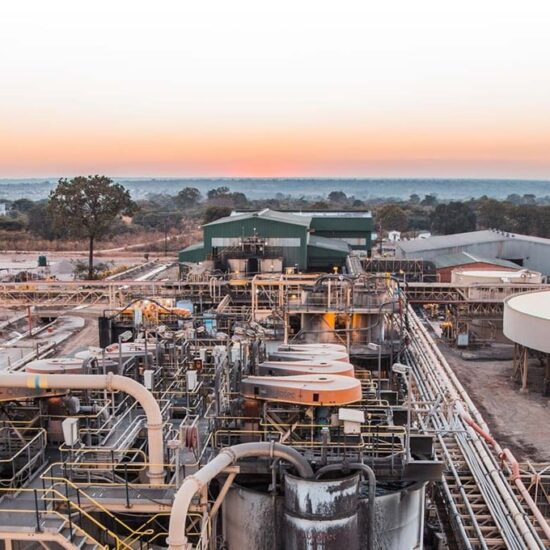
Mines minister Richard Musukwa has called for prioritization of local content strategies in the mining sector to achieve economic diversification and propel growth of other Sectors such as manufacturing, trade and agriculture. This was after data showed that only 10% of the US$4 billion procurement budget is awarded to local companies.
Musukwa said it is important for investors in the mining sector to ensure that benefits from the mining industry to locals is attained through implementation of the local content strategy, as they would be able to replace expensive imports with cheaper local products once local supply chains are fully developed.
Speaking during a stakeholder consultative meeting on local content in Lusaka on July 4th 2019 attended by the Zambian Business Times – ZBT, the Mines Minister said governemt’s focus is not only to improve the mining regimes by payment of appropriate taxes but on intergrating mining into the local economy.
He added that the country should however negotiate contracts with mining companies and stipulate local inputs for operations. The Mines Minister expressed concern that only 10% of the US$4 billion spent on procuring goods and services annually by mining firms goes to Zambian companies adding that the miss-match will not be allowed as Zambian businesses need to benefit from the country’s mineral wealth.
He said government will review policies to help improve the welfare of Zambians despite concerns by some investors that it is inconsistent with policies. Musukwa commended the African Development Bank – AfDB for supporting the ministry’s efforts to develop a local content strategy for the mining sector.
At the same event, AfDB Country Manager Mary Monyau also expressed concern that most goods and services imported in the country are given to foreign companies which affects local firms. She said many African countries are not able to utilize mineral resources to enhance the country’s development adding that some minerals are exported without any form of value added which hinders job creation and industrial growth in the countries were the mining take place.
The copper mining industry which accounts for over 70% of Zambia’s export earnings is mostly foreign owned after the privatization of the sector post 1991. The new investors have however opted to source their supplies through mostly foreign owned entities leaving locally owned companies disadvantaged due to poorly negotiated mine development agreements.
This has led to the country’s failure to attract copper processing and finished goods manufacturers into Zambia due to the current mine owners preference to export raw materials, in the process exporting jobs and denying the country further diversification within the copper value chain.
.







